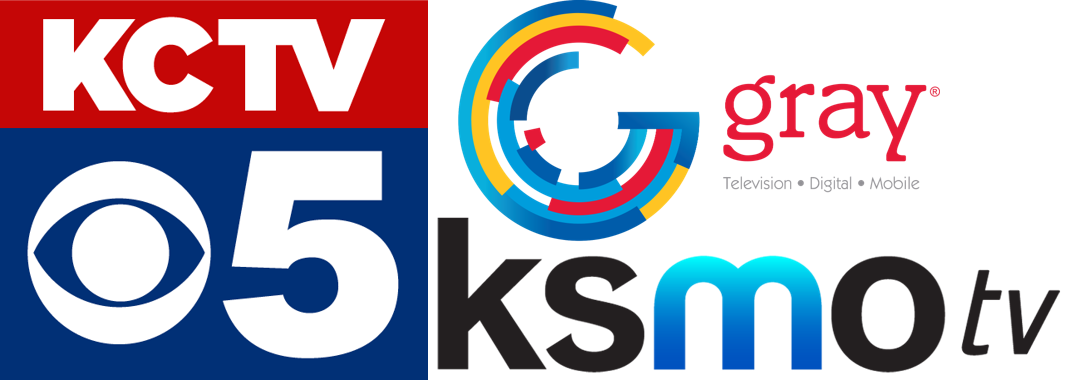
At the start of the 2019 football season, the Kansas City Chiefs won a number of new partnerships, including one with locally-based Mano's Wine. This winery formed a licensing agreement with the team to produce a limited-edition 50th-anniversary wine (complete with custom-etched bottle designs) to commemorate the Chiefs' victory in Super Bowl IV. As a result, at least three products in this line have been sold out, and the Mano's Wine brand has become even more closely associated with Kansas City in the mind of the consumer.
As the above example demonstrates, sponsorship marketing can have a powerful impact on revenue streams, branding, and company growth. The following information will discuss in more detail what this form of marketing is, and why it is beneficial for forward-looking businesses.
What is Sponsorship Marketing?
One definition of sponsorship marketing is advertising that seeks to establish a deeper association and integration between an advertiser and a publisher, often involving coordinated beyond-the-banner placements. Of course, examples of sponsorship marketing may vary widely and commonly include:
• Fixed ad placements
• Advertorials
• Co-branded content sections
• Event partnerships
Sponsorships have become an increasingly popular marketing method among advertisers. For example, the North American sports sponsorship market reached a revenue of more than $17 billion in 2018 and is projected to grow to $20 billion+ by 2022.
Types of Sponsorship Marketing
There are several types of sponsorship marketing that businesses leverage to grow their brand. Each type has unique advantages, company leaders must carefully consider which partnerships will be most beneficial for their organization's success.
Sponsorship marketing types include:
• Sponsoring an event. This includes concerts, festivals, toy drives, pet adoptions, etc. In many cases, official event sponsors gain exclusive rights to use trademarked terms from the event's source organization in their own advertising efforts. For example, Nissan recently announced that it is an official sponsor of NCAA men's basketball, giving it the right to use trademarked phrases like "March Madness."
• Sponsoring an event. This includes concerts, festivals, toy drives, pet adoptions, etc. In many cases, official event sponsors gain exclusive rights to use trademarked terms from the event's source organization in their own advertising efforts. For example, Nissan recently announced that it is an official sponsor of NCAA men's basketball, giving it the right to use trademarked phrases like "March Madness."
• Sponsoring a campaign. This could include telethons, fundraisers, or other campaign types. Business leaders who lean towards campaign sponsorship should ensure that their brand values align with those of the campaign; otherwise, they could risk alienating their core demographic.
• Sponsoring a social media post/video. Sometimes referred to as "co-branding," this type of sponsorship involves a company partnering with another brand, company, or influencer. This is often a very effective way to target niche audiences, such as fans of a specific YouTube influencer.
The Benefits of Sponsorship Marketing
There are many benefits that sponsorship marketing can bring to your business. These include:
• More brand awareness. Sponsored ads and organic mentions can give your brand favorable publicity and can introduce your brand to new prospects.
• Enhanced brand personalization. When consumers see your company associated with a specific event, campaign, or influencer, they are able to relate to your brand on a more personal level.
• Increased sales. It's no surprise that well-implemented sponsorships result in higher sales among targeted consumers.
• A higher level of social media engagement. Sponsorship marketing often generates more shares, likes, and followers from social media platforms like Facebook and Instagram.
• Deeper consumer trust. Companies that target the right sponsorship deals often foster more trust in their brand among engaged consumers.
How Sponsorship Marketing Can Bring Value to Your Business
It's true, sponsorship marketing can bring several benefits to organizations. However, you may wonder: "What value will it bring to my business?" Here are a few possible answers to that question that you should consider:
• Sponsorship marketing allows you to forge stronger relationships with both potential and existing customers. When consumers approve of your partners and see your company's credentials as an official sponsor, they will be more inclined to do business with your brand.
• This form of marketing also allows people to see your brand outside of your own platforms. It generates extra publicity and brand awareness that could not be achieved through other channels.
• Sponsorship often introduces companies to new consumers that could become loyal customers.
• Finally, when your brand sponsors certain events it could make a difference within the community, as well as within the lives of individuals.
The Importance and Value of Sponsorship Marketing
In summary, sponsorship marketing is an excellent way to grow your brand, generate favorable awareness, enhance your credibility, and increase your sales. It's no surprise that thousands of business organizations have invested a great deal of time and resources in sponsorship marketing. They realize that this strategy can open many doors for their company, and aid in the development of strong, long-lasting business partnerships.
Whether you invest in community sponsorships, event marketing, or any other type of business partnership, working with an experienced media company can also bring several benefits. Your media partner can guide you through the sponsorship process to help you achieve maximum impact and ROI from your efforts.






